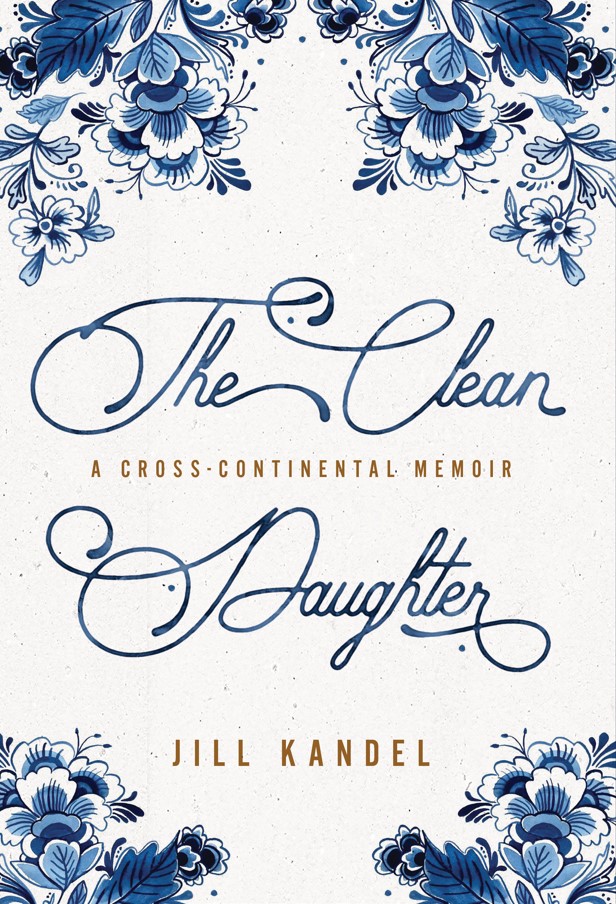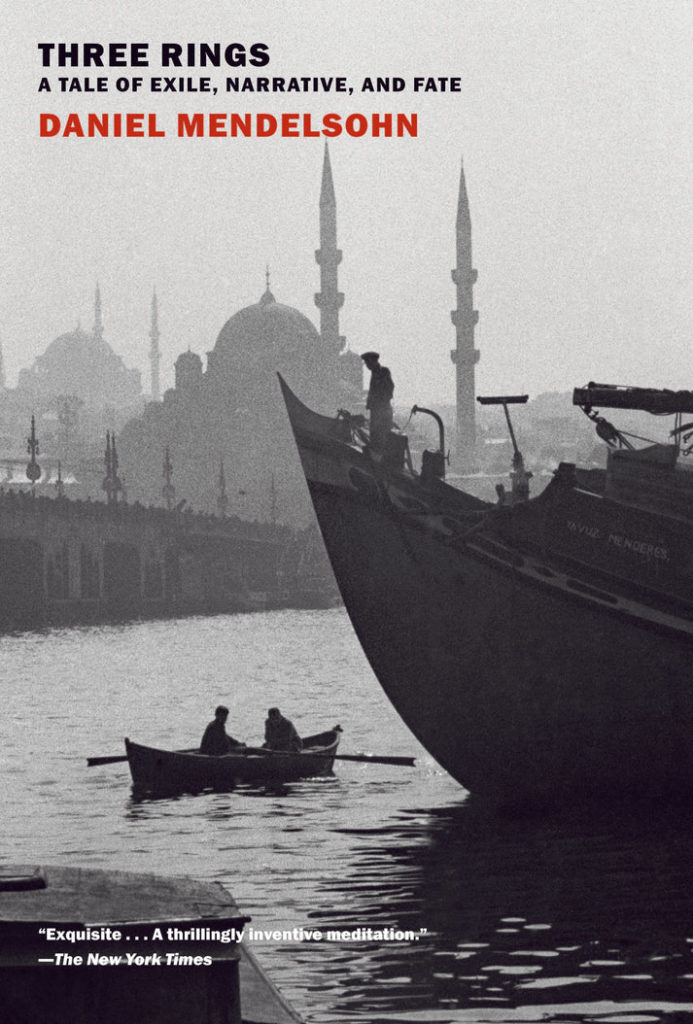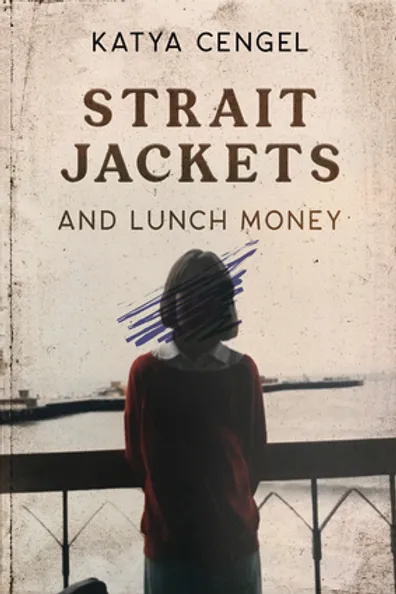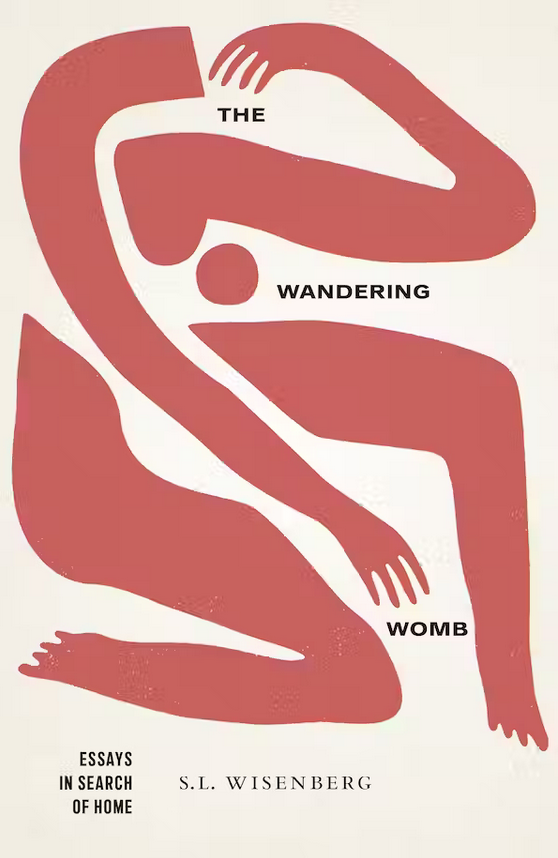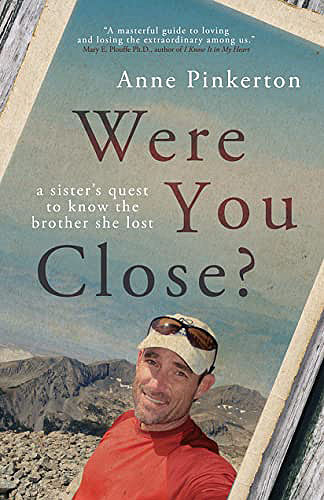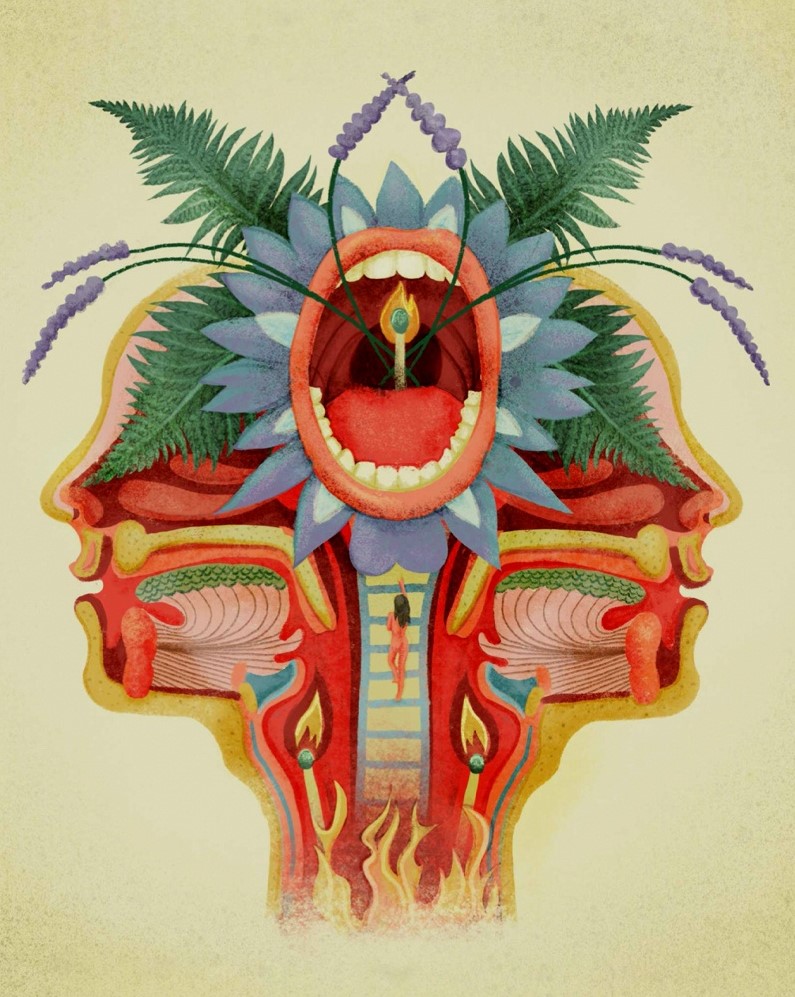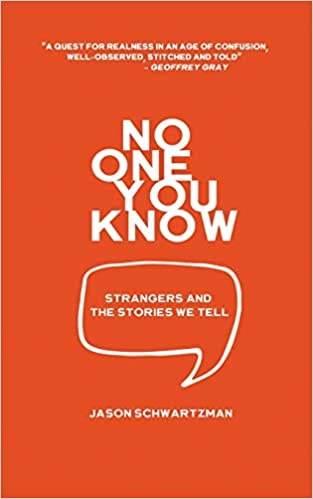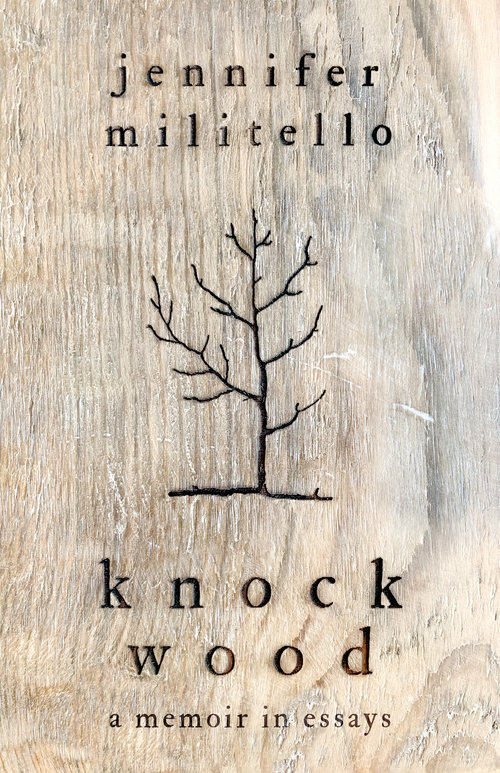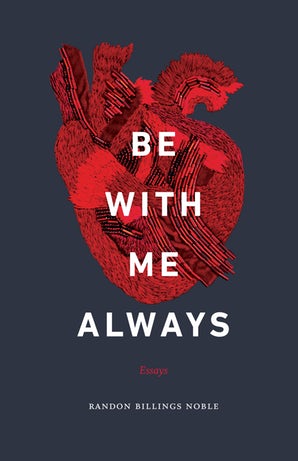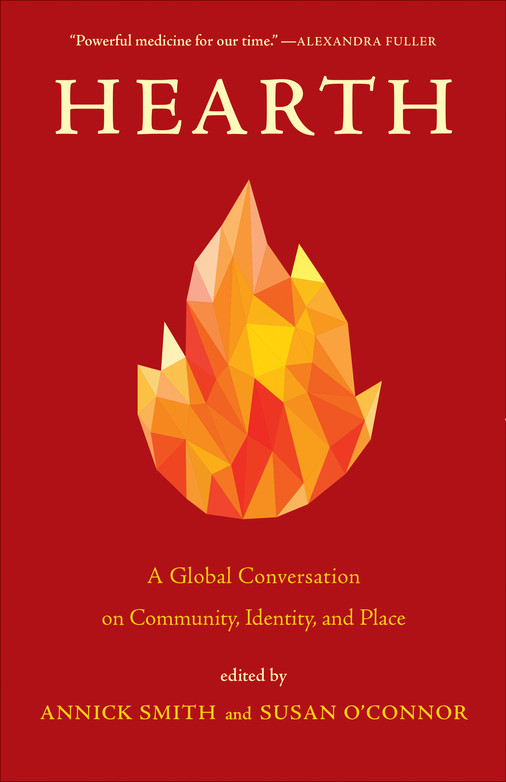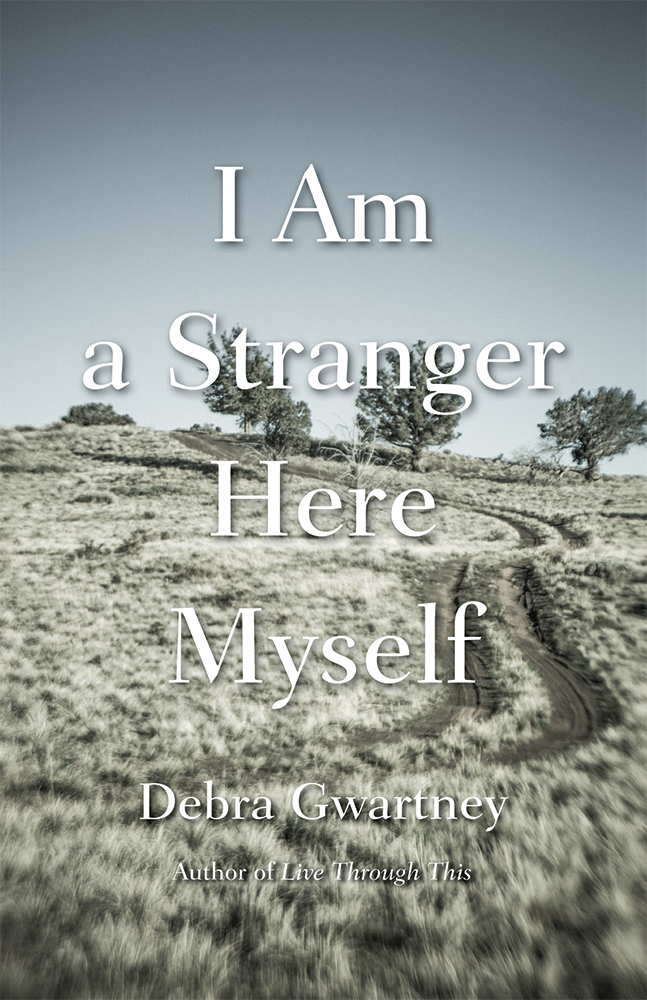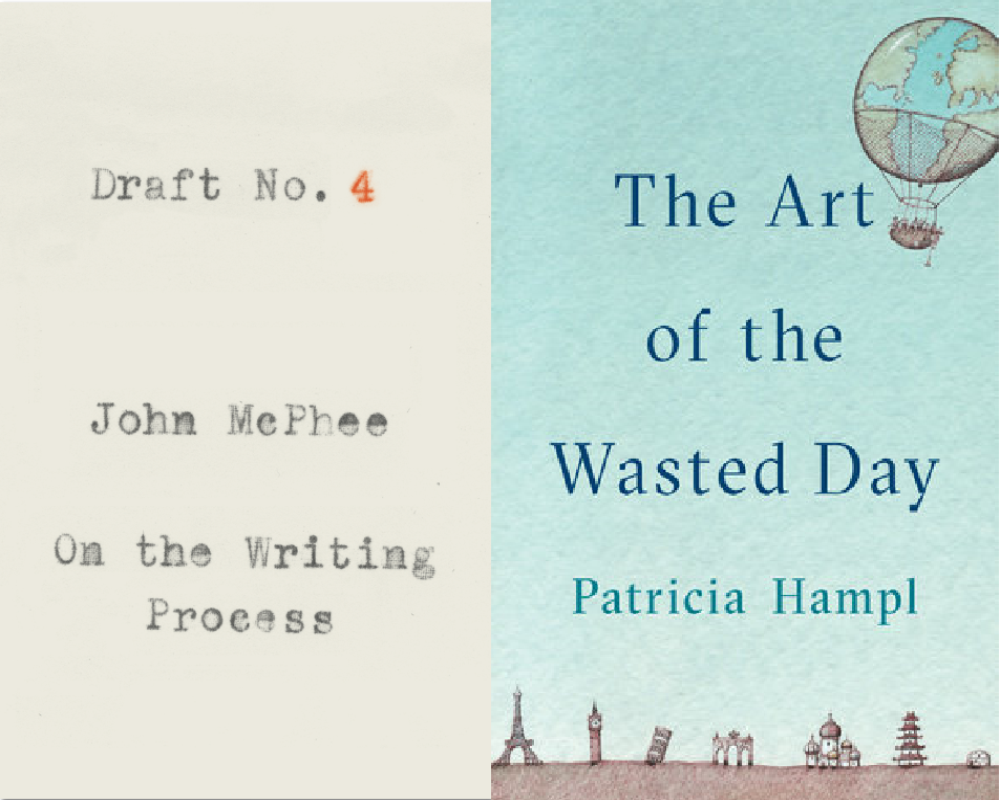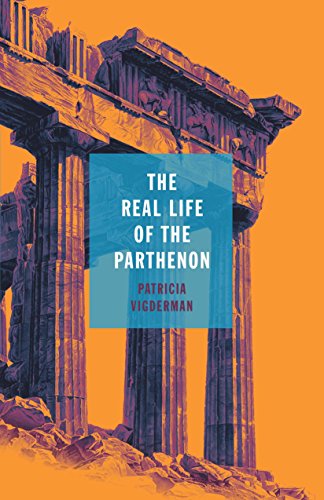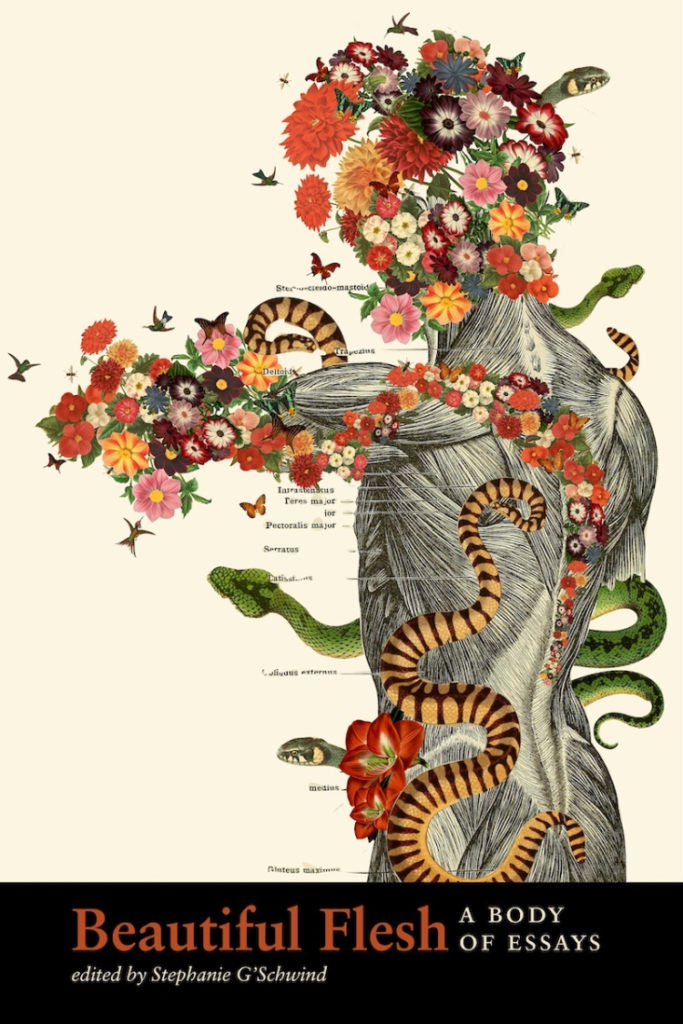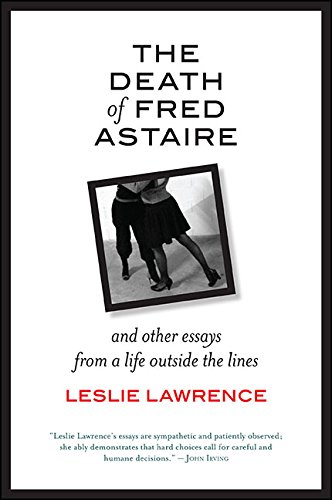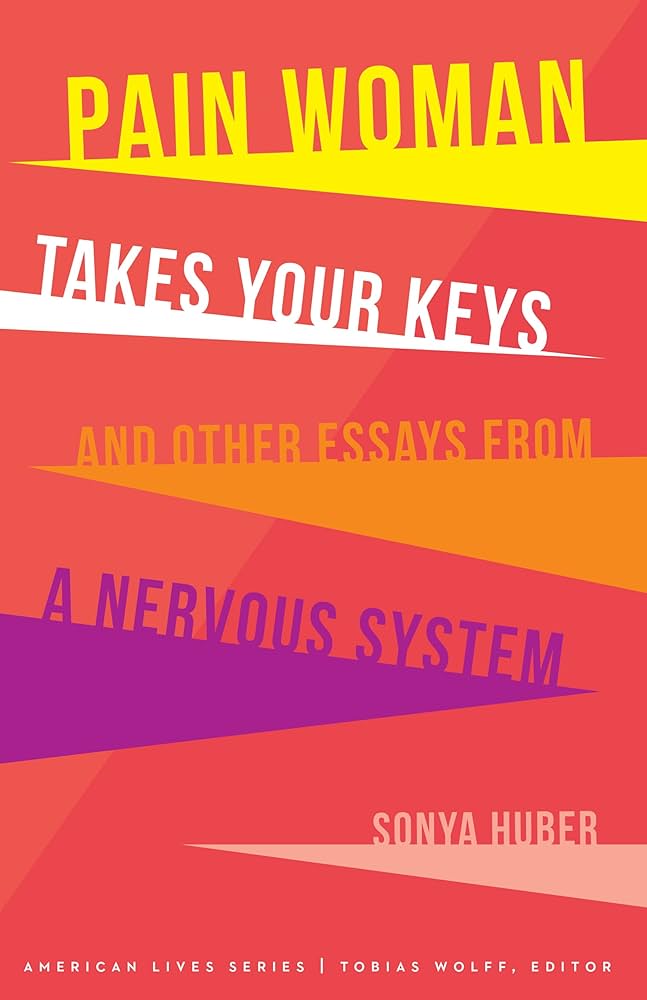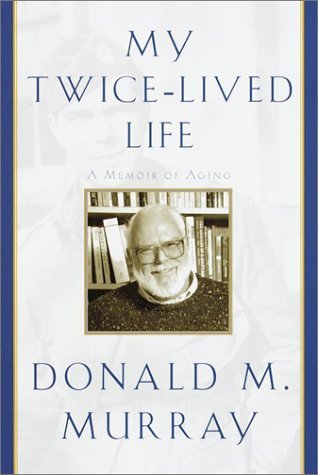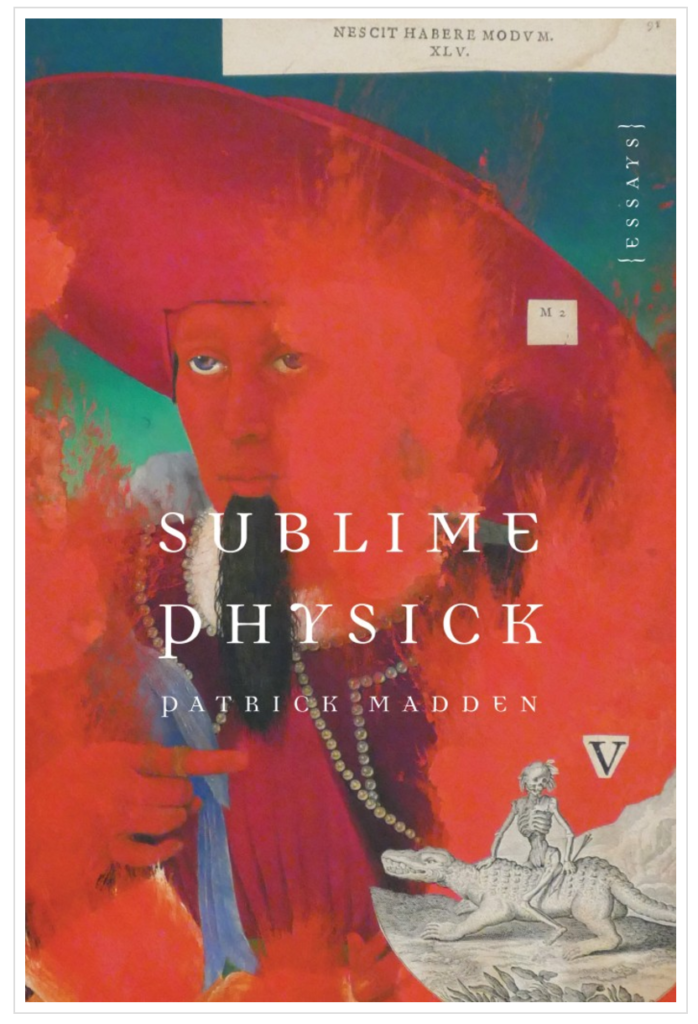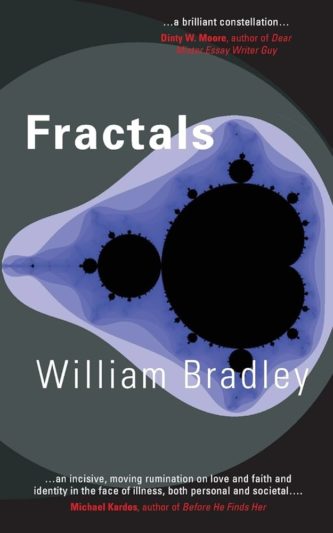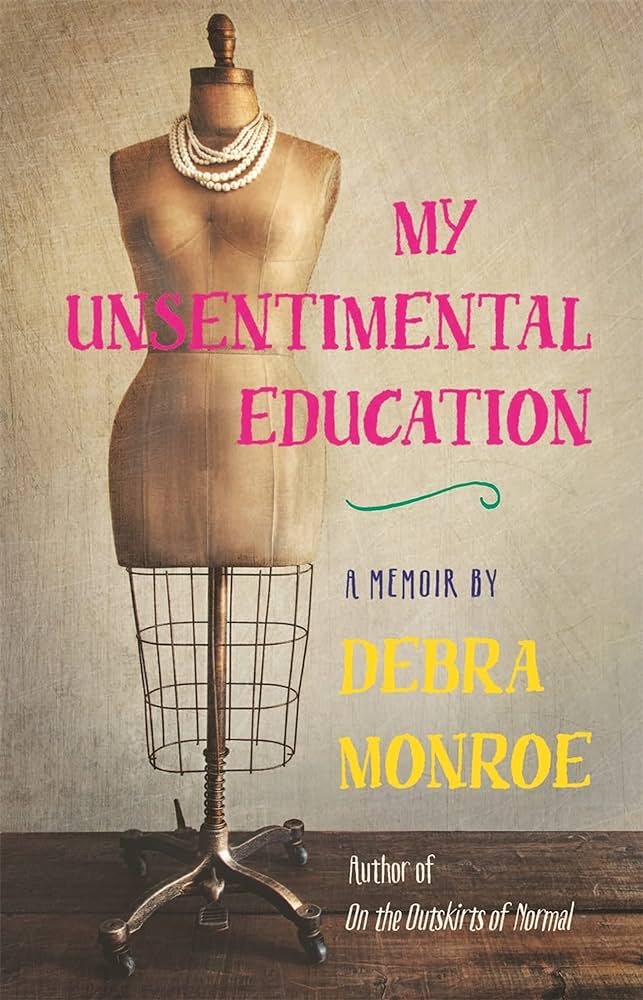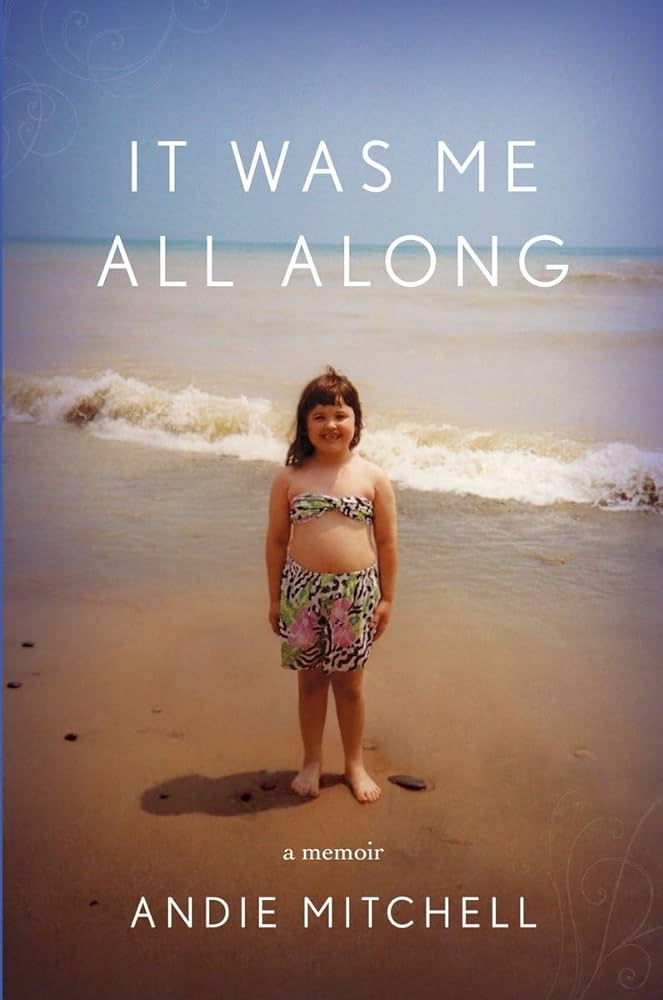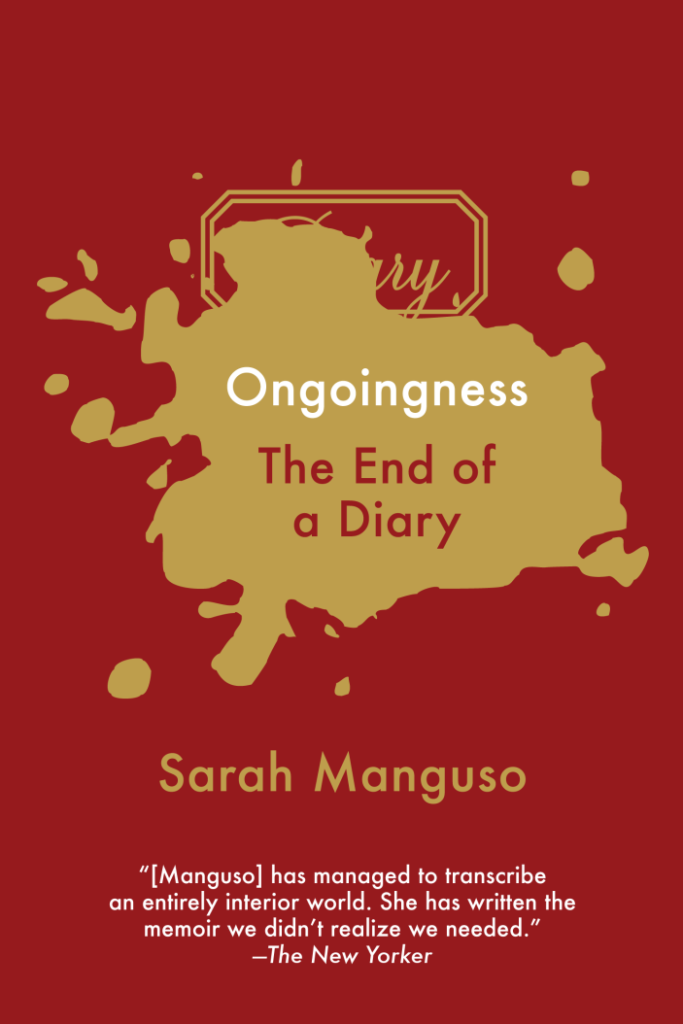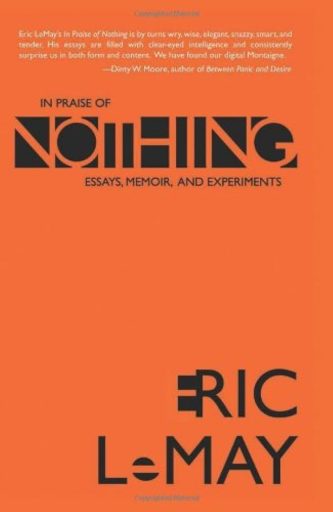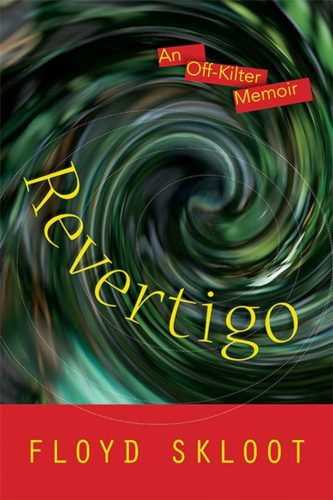By Carole Mertz
The Clean Daughter: A Cross-Continential Memoir by Jill Kandel
Jill Kandel’s memoir opens with a famous piece of advice from Rilke’s Letters to a Young Poet:
Have patience with everything that remains unsolved in your heart. Try to love the questions themselves, like locked rooms and like books written in a foreign language. . .. At present you need to live the question. Perhaps you will gradually, without even noticing it, find yourself experiencing the answer, some distant day.
That epigraph, referring to “locked rooms” and to matters of the heart, unsettled and quickened my interest in Kandel’s memoir. With a prologue and epilogue, the book is composed of nine parts in which she chronicles her nearly forty years of marriage, her work, and her and her husband’s residence in four continents, America, Africa, Europe, and Asia.
The themes of Kandel’s memoir are twofold. First, as a young married couple, she and Johan, her husband, must adapt not only to each other’s cultures—she is American, he is Dutch—as well as the unfamiliar cultures of people among whom they live and work in very different parts of the world. Second, she must deal with her inability to understand the personality of her father-in-law, Izaak, and the dominance he exerts over his wife and Kandel’s family.
Kandel and Johan meet in North Dakota in 1980. Born in North Dakota, the daughter of a medical doctor and educated as a nurse, she travels abroad to serve a nursing stint in Zambia; Johan, after graduating as an agricultural student in North Dakota, returns to his home in the Netherlands. A romance unfolds; the two meet again in Hardenberg, the Netherlands, where, in 1981, they decide to marry. Johan’s father performs their wedding ceremony in his Dutch Reformed church.
The first decade of the couple’s married life begins in Africa. There, in 1982, Johan works as an agricultural advisor in the village of Kalabo, Zambia, helping local farmers in the production of wheat and rice. The couple’s first two children are born and they agree to raise them in this African culture that is still quite new to them, especially to Jill. Since her husband is busy working outside of their home, Kandel acculturates largely on her own. (Another such challenge occurs when some years later they will work with coffee farmers in Indonesia.)
While introducing us to her new Dutch family, Kandel includes occasional glimpses into her family of origin, her former life in North Dakota, and the growing warmth of her relationship with her husband’s sister, Andrea, to whom the book is dedicated. With Andrea’s help, Kandel begins to distinguish traits that are typically Dutch traits from those mannerisms that occurred specifically within her father-in-law’s household.
She starts to comprehend the trauma her in-laws experienced as teenagers in the Netherlands, especially after many disturbing interactions with Izaak. Often, she’s exasperated with him. One occasion occurs while Johan and Jill lived in North Dakota.
Johan is about to defend his PhD dissertation. This comes after years of study and financial strain as their young family grew. With three demanding children, all sharing in the excitement of the day, Kandel who is now seven months’ pregnant with her fourth child decides to iron Johan’s shirt. The family will celebrate the milestone by going out to dinner following Johan’s defense. Izaak, who is visiting, takes a dim view of Jill’s ironing and cries out in his broken English.
“Yill!” he shouts. “There are wrinkles in this shirt. This, it is not ironed proper!”
I stare back at him, completely taken aback. I’m not much of a swearing woman. But by all things holy. I’ve been up half the night with a fussy child. I’m exhausted. I’m growing a baby who will be his grandchild. I’ve cleaned spittle and feces and blood and pus for three years at an understaffed nursing home, and he wants to call me out on my ironing?
I feel his animosity like a slap across my face. I go upstairs shaking with anger and humiliation.
Eventually, Jill learns about Izaak’s adolescence. In 1942, Izaak and Jopie were in love and hoping to marry. But in that year, the Nazis occupied the Netherlands. Food was scarce. Parents hid their young sons for fear they’d be conscripted into the German army. (Unbeknownst to him, Izaak had already lost his oldest brother to the war effort in the Dutch East Indies.)
In the Netherlands, the German occupiers issued identity cards to the Dutch citizens, cards they ironically had to purchase. Kandel writes:
When your identity rests within a piece of paper, controlled at will by an invader, who do you become? You are a photo. You are a fingerprint. You are a number. You exist on a folded card, 4 x 9 inches. Show on demand
Who are you really? What are you becoming? When you pull your card out, and show it to a Nazi soldier, even as you are revealing yourself, you are simultaneously drawing inward, veiling and self-protective.
And when the soldier looks you up and down, nods, agrees that you are you, and hands back your identity card. You take it from him. You put it away.
When was it in this process, that Izaak began to put away more than his card?
When did he begin to put away his personality, his laughter, and the carefree youthfulness that he’d barely even tasted?
Despite her empathy, Kandel suffers frequent instances of Izaak’s rigidity. She questions Johan about it, but he usually replies, “It’s just the way the family functions.” Often these instances embarrass and frustrate Kandel. She views Izaak as living by the clock. To have coffee in the afternoon means it must be served precisely at 4 p.m. and must be accompanied by only two cookies, not more, not less.
Midway through the memoir, Kandel laments having spent all their vacations visiting her in-laws, hers and Johan’s savings spent down each time by these visits. Yet she desires to be the dutiful schoondochte. (The word indicates daughter-in-law, but parsed, literally means clean daughter.) Resentful, she questions if these vacations are worth it, for herself and her children. She continues to be puzzled also by the many regulations the Dutch way of life imposes.
When the healthy Izaak, some years after the death of his wife, opts to end his life by the now-legalized Dutch program of assisted suicide, Kandel is enraged. After he’s gone, she remains tormented by his choice. How dare he stamp this stigma on her family? Her anger and confusion rise to the point that she resolves to publish her research findings and her feelings, going beyond all privacy concerns of the family she married into.
Kandel adeptly wields the back-and-forth issue of time in her memoir. For example, she interrupts her description of what she expresses as her “post-euthanasia syndrome,” in 2012. She describes the Nazis’ war-time occupation of the Kandel family country, their building of the “Atlantic Wall” along the northern seaboard, the construction of the ugly bunkers throughout Norway, the Netherlands, Belgium, and France, and the downing of the Prince of Orange, a revered Dutch naval ship lost in the Java Sea. (Izaak’s brother went down with that ship.) These events help clarify Izaak’s personality, his early life anxieties, and the horrors he endured. Piecing the events together, Kandel understands Izaak’s need for control, exonerating herself for the anger she had directed toward him. She recognizes he gained comfort as he insisted on daily routines, like the coffee and two cookies precisely at 4 p.m.
I found parts of The Clean Daughter painful to read because of its descriptions of war. It’s a reminder of the horrendous conflict in Ukraine we are witnessing today. But Kandel’s account is deeply rewarding and enlightening. I’ve read many records of World War II, yet her writing delineates psychological tolls of that war I’ve never considered.
In addition, there are interesting character revelations as well as vivid depictions of other challenges in her life. In Part 4, Kandel writes of her family’s residence in the village of Pondok Gajah, Indonesia, in 1989: “There are dozens of fruits I’ve never seen before and can’t name. I walk through market stalls heaped with brown-colored pears covered in lizard-like scaly skin, red fruits with the texture of rubber that sport black, waxy hair spiking out in all directions.”
In Indonesia, Kandel is encouraged by her progress with the language. “After only six weeks, I’d gotten a solid start, more language than I ever acquired in Zambia. I open my heart and arms in the gentle warmth and abundant beauty around me. I feel my life start over, fresh and wild and free.”
Finally, The Clean Daughter shows how a memoir can be successfully organized to drive a reader steadily toward a fully revealed ending. I like to assume the writing of the memoir also brought some peace of mind to the author. Having unlocked some rooms, it will, I hope, have yielded resolution to some unsettled matters within Kandel’s heart.
North Dakota State University Press
$32.95 | Buy Now
 Carole Mertz is the author of the poetry collections Toward a Peeping Sunrise and Color and Line. She also reviews books for U.S., Canadian, and Indian literary journals, among them Arc, Bangalore Review, Taj Mahal Review, and World Literature Today. A semi-retired musician, Carole resides with her husband in Parma, Ohio.
Carole Mertz is the author of the poetry collections Toward a Peeping Sunrise and Color and Line. She also reviews books for U.S., Canadian, and Indian literary journals, among them Arc, Bangalore Review, Taj Mahal Review, and World Literature Today. A semi-retired musician, Carole resides with her husband in Parma, Ohio.

